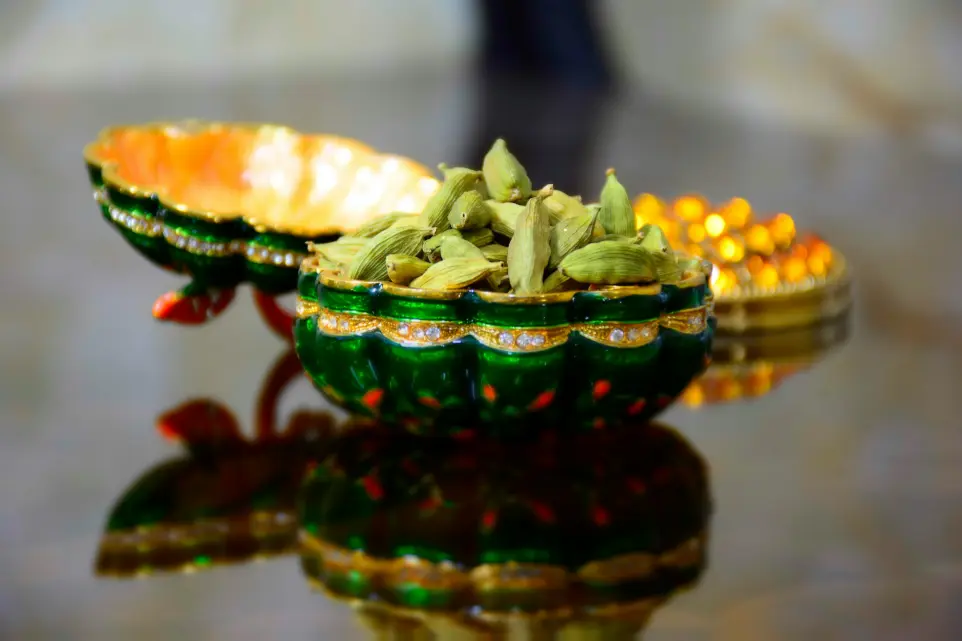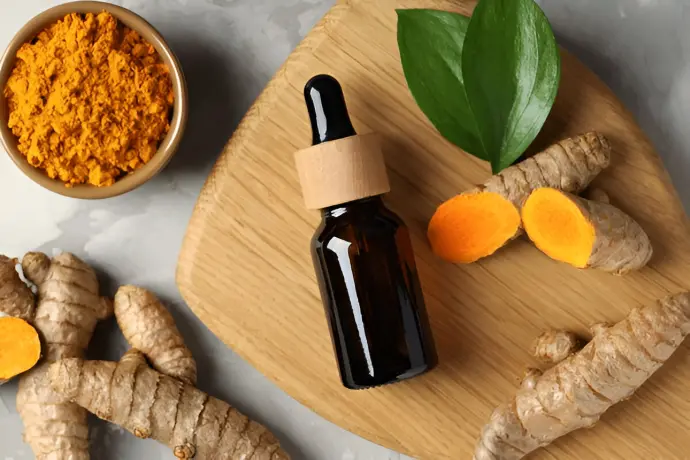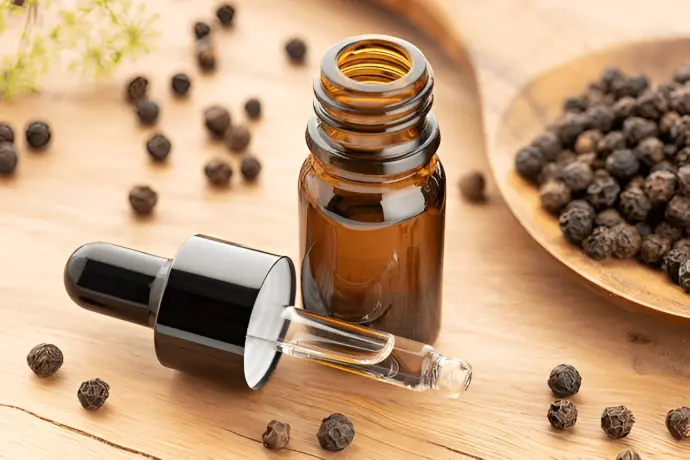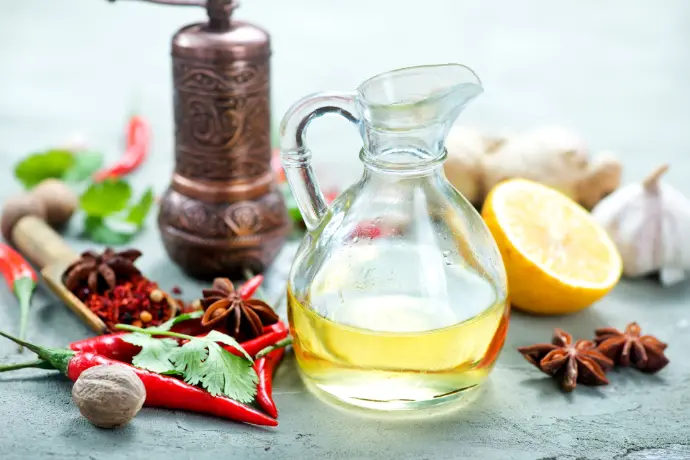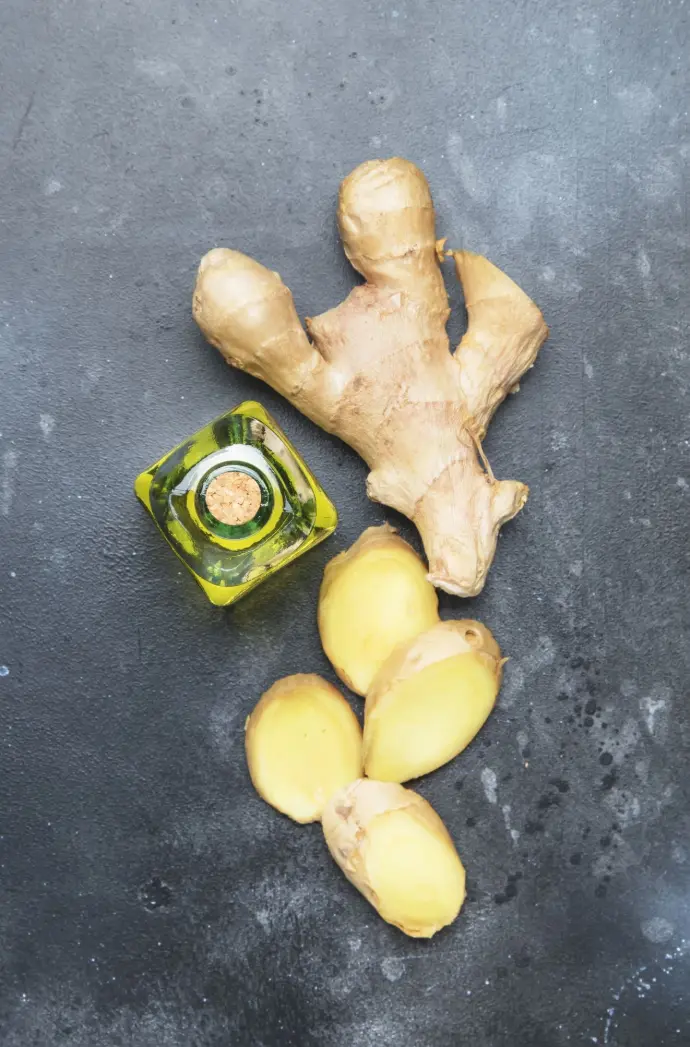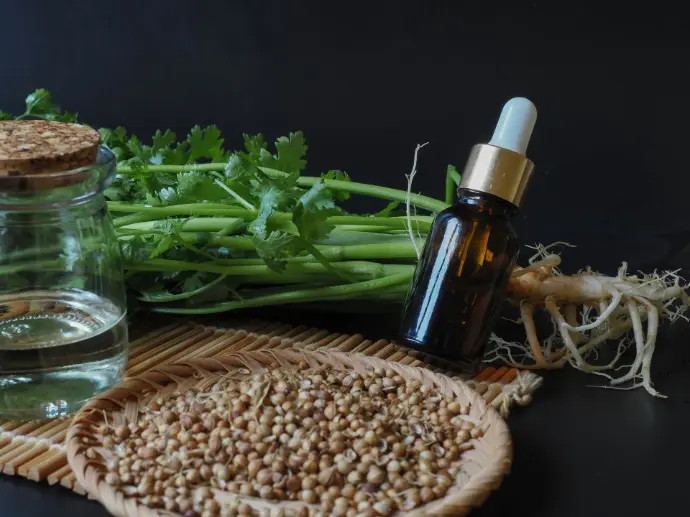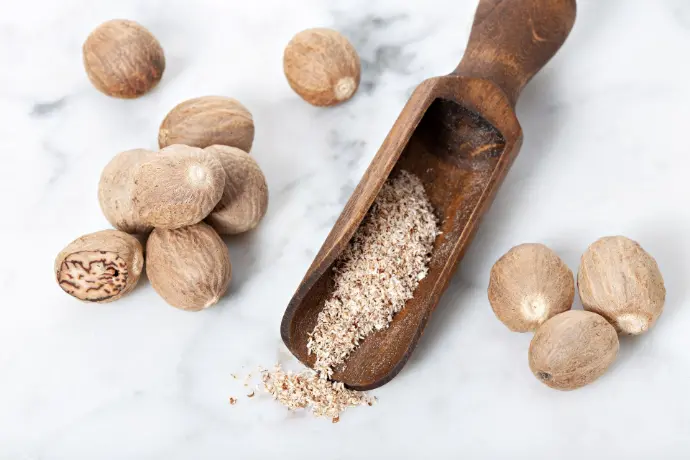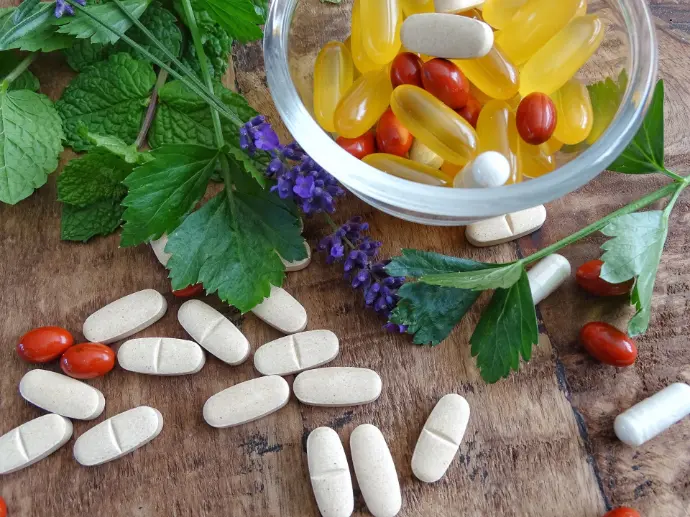About Product
Cardamom oleoresin looks like a thin, greenish-brown oil, and it smells big and bold, just like the spice itself. People describe the taste as sweet and complicated, with a finish that sticks around long after you swallow. Traditional Ayurvedic healers prize it, claiming it calms digestion and clears the throat. In India, a small pouch of green cardamom pods can double as a holiday gift because the pods are one of the priciest spices in the pantry. Bakers swirl the oil into sweets, bartenders splash it into cocktails, and food scientists sneak a drop into ready-made curry pastes. Even after dinner, popping a few seeds freshens your breath, which is why cardamom shows up in nearly every brand of chewing gum.
One of the standout health boosters hiding in cardamom is 1,8-cineole. Its antioxidant punch makes the spice more than just a pretty garnish. Along with cineole, cardamom packs a colorful crew of monoterpenes such as limonene, linalool, and pinene.
Because of that mix, the oleoresin gives off a smell that you can pick out in a crowded kitchen. Most of the scent compounds are oxygenated, which is why the fragrance sticks around after the spice has cooled.
Food pros use the oleoresin everywhere-savory dishes, desserts, curry sauces, even mulled wine. Ready-to-eat meals borrow the flavor, and so do pickles meant for long storage.
Beyond cooking, cardamom shows up in cough syrups and pep-up tonics for upset stomachs. Old herbal books claim it can calm snake bites and treat kidney stones, although modern science still circles back to its digestive powers.
The oil gets extra credit on the wellness chart. It acts as an antifungal and antibacterial, helps ease painful gas, and may even nudge a sluggish mood back into gear. Some researchers are studying whether its anticancer properties hold water, but for now the spice is safe, flavorful insurance.
Composition
- Alpha-terpinyl acetate: Primary compound, giving cardamom its sweet, warm aroma.
- Linalool: Contributes to the floral and spicy fragrance.
- Other Essential Oils: Includes pinene, sabinene, and myrcene, adding to its complex scent profile.
- Additional Components: Terpenes, aldehydes, and alcohols enhance flavor and medicinal benefits.
Physical Characteristics
- Appearance: Pale yellow to light brown, viscous liquid.
- Odor: Warm, sweet, spicy, with a hint of citrus and floral.
- Taste: Sweet, spicy, with slight citrus notes.
Health Benefits
Cardamom oleoresin delivers a pronounced flavor and fragrance that can elevate both sweet and savory dishes. Cardamom oil serves as a natural preservative, thanks to its potent antiseptic and antimicrobial qualities. Laboratory investigations have identified several photochemical compounds in cardamom that inhibit the growth of some cancer cells. Researchers have also noted that the spice discourages unwanted clumping of blood platelets. Professional singers often sip cardamom-infused teas, claiming the herb soothes the vocal cords and clarifies the upper register.
Digestive Health:
- Stimulates digestion, helps reduce bloating, indigestion, and nausea.
Anti-inflammatory:
- Reduces inflammation in conditions like arthritis and muscle pain.
Antioxidant Protection:
- Provides antioxidant benefits, protecting cells from oxidative damage.
Respiratory Health:
- Acts as an expectorant, helping to clear the respiratory tract and alleviate coughs.
Antimicrobial:
- Contains antibacterial and antifungal properties that aid in treating skin infections.
Oral Health:
- Used in oral care products for its antiseptic properties and to freshen breath.
Key Features
- Source: Derived from the seeds of the cardamom plant (Elettaria cardamomum).
- Active Ingredients: Alpha-terpinyl acetate, linalool, and other essential oils..
- Physical Characteristics: Pale yellow to light brown liquid with a warm, sweet, spicy aroma.
- Applications: Used in food, beverages, pharmaceuticals, cosmetics, and fragrance.
- Health Benefits: Offers digestive support, anti-inflammatory effects, antioxidant protection, respiratory health, and oral hygiene benefits.
Application
Food & Beverage:
- Adds a unique flavor to spice blends, beverages, desserts, and baked goods.
- Used in beverages like chai and various Middle Eastern drinks for a rich, spicy kick.
- Acts as a natural preservative due to its antimicrobial properties.
Pharmaceuticals:
- Used in formulations for digestive health, alleviating indigestion and bloating.
- Provides mild analgesic and anti-inflammatory effects, useful in topical creams.
- Supports respiratory health by acting as an expectorant in cough syrups.
Cosmetics & Personal Care:
- Added to skincare products for its soothing, anti-inflammatory properties.
- Used in hair care products to promote scalp health and prevent dandruff.
Fragrance Industry:
- Incorporated in perfumes, candles, and air fresheners for its warm, sweet, and spicy fragrance.
ALSO ACT AS :
Flavoring Agent. Ground cardamom lends depth to biryani and sweetens evening cups of milky tea. Its warm notes also appear in curries, puddings, candy coatings, and some pharmaceutical flavor-masking formulas.
Aromatic Agent. The pods eclipse even strong mint when it comes to breath-freshening gum and chewing-lime pastes. Perfumers, soap-makers, and cosmetic formulators rely on cardamom to craft a lasting, wood-resin scent.
Therapeutic. Pharmacists distill the oil for cough syrups and digestive bitters. In private practices, aromatherapists add a single drop to diffusers for centering and release.
Nutritional. Nutritionists highlight cardamoms detoxifying impact on the urinary tract and liver. Ex-smokers note the pods dull cravings, while some mood-counselors tout them as mild, morning-time antidepressants.
